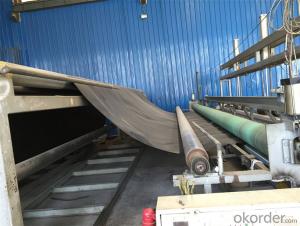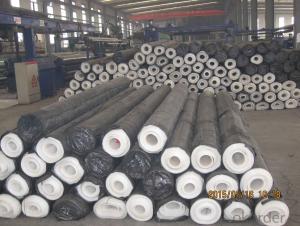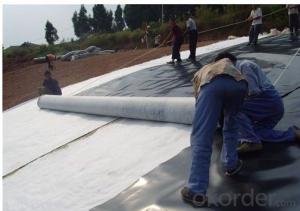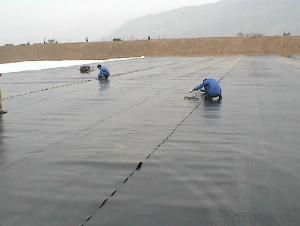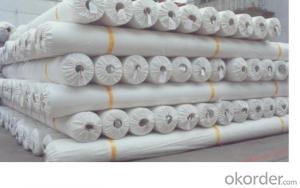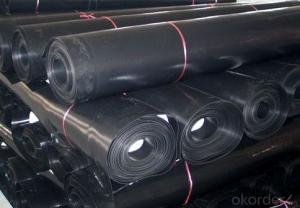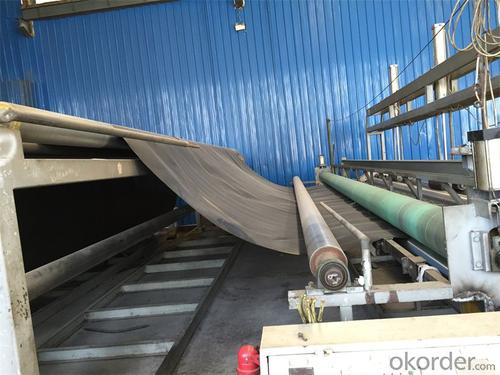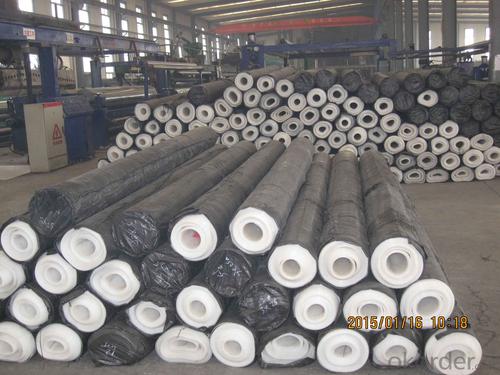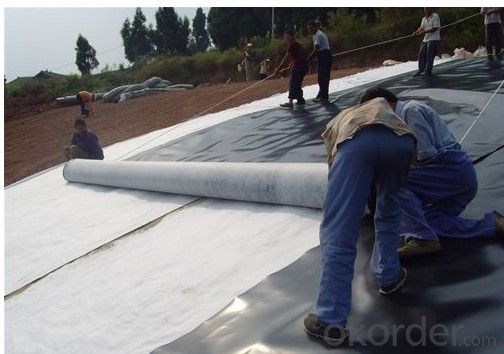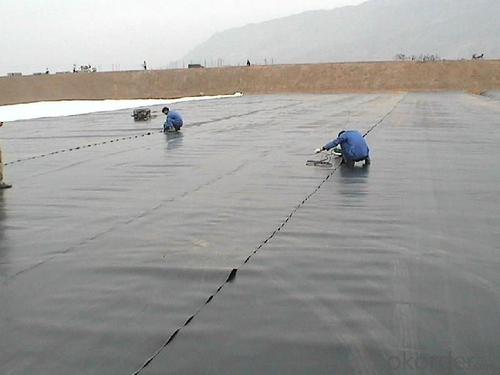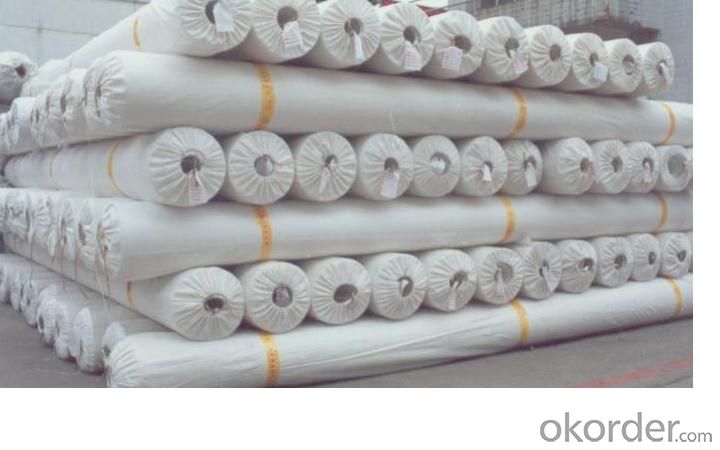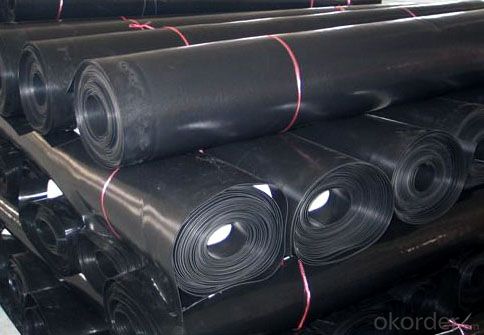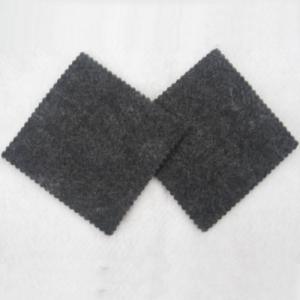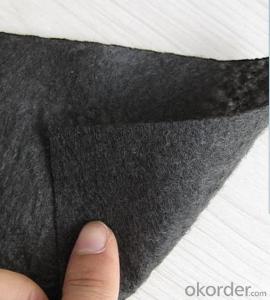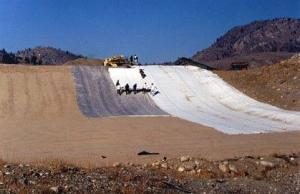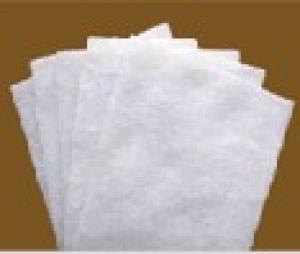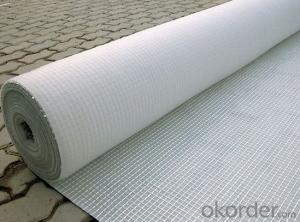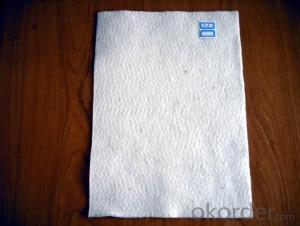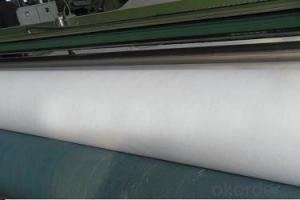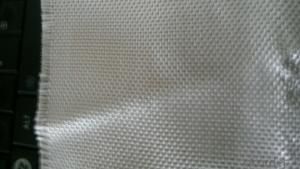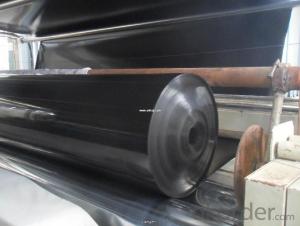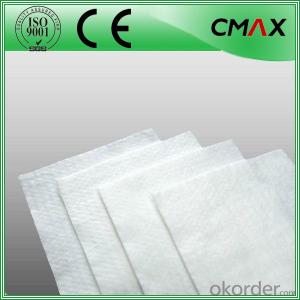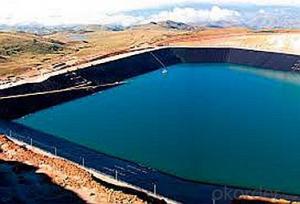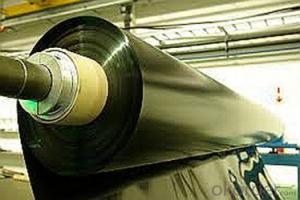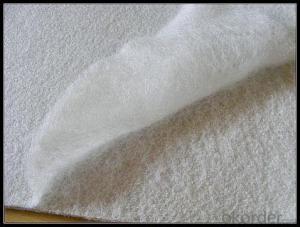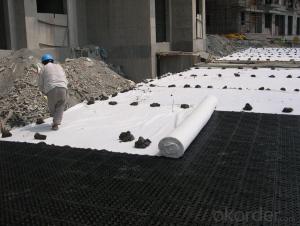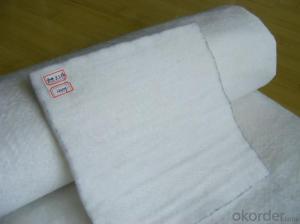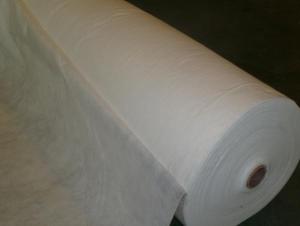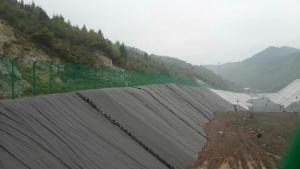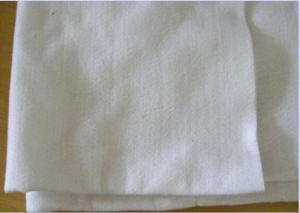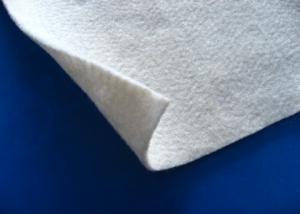Geotextile Samse Waterproofing Needle Punched Geotextile Membrane Price
- Loading Port:
- China main port
- Payment Terms:
- TT OR LC
- Min Order Qty:
- 1000 m²
- Supply Capability:
- 1000000 m²/month
OKorder Service Pledge
OKorder Financial Service
You Might Also Like
Specification
Product Introduction
Material: HDPE, LDPE
Thickness: 1mm-3mm
Width:4m-9m
Quality Inspection Standard: GB/T17643-1998
Quality Control Measure: strictly comply with ISO9001:2000
Have passed the CE certificate in Sep. 2008.
Features:
1) Can bear chemical erosion.
2) A wider using temperature range and a longer using life.
geomembrane hdpe
Geo-membrane is produced by a method of three layer co-extrusion model. The raw material is processed at 200°C by fusing and coextrusion, whose basic properties are kept during the producing process.
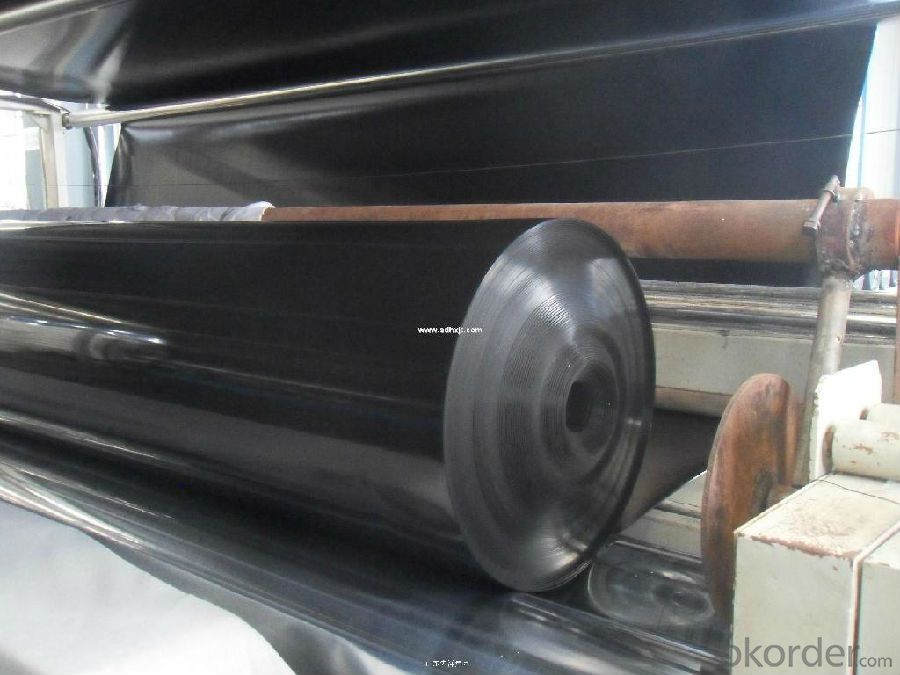
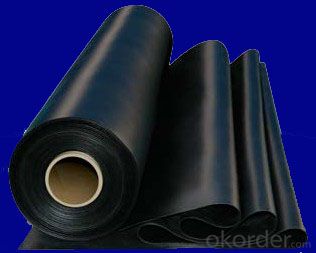
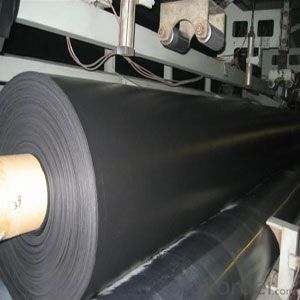
geotextile fabric
permeability,filtration,easy for construction
ISO and CE certificate
Good quality and competitive price
Our Service
Quality assurance
1.On a regular basis or as per your request,we entrust national testing agencies to conduct quality inspections
2. Strictly in accordance with the ISO9001-2008 international quality system standard,we monitor and manage the whole process throughout production,quality testing,and measurement to ensure product quality
3. For quality-related construction delay or substandard construction(except for damage or losses due to customer’s responsibility or irresistible natural disasters),we have refunding,replacement,and repair services.We will respond to customers’ feedbacks on quality issues within 24 hours.
Packaging & Shipping
Packing: PLASTIC FILM INSIDE, AND WOVEN BAG OUTSIDE
Shipping: About 15 days after receipt the deposit
FAQ:
Q: What kind of payments does jenor support?
A: T/T, L/C, Cash are accepted.
Q: Do you charge for the samples?
A: Accordeing to our company policy, the samples are free, we only charge the freight fee. And we will return the freight fee during the next order.
Q: Can you produce according to customers' design?
A: Sure, we are professional manufacturer, OEM and ODM are both welcome.
Q: Do you have other products?
A: Yes, please check the pictures:
- Q: Geotextile, one ton, replaced by a square meter how much money formula
- How many grams of geotextile
- Q: How do geotextiles contribute to the efficiency of drainage systems?
- Geotextiles contribute to the efficiency of drainage systems by acting as a filter and separator. They prevent fine particles from clogging drainage pipes and channels, allowing water to flow freely. Additionally, geotextiles help in water infiltration and retention, improving overall drainage performance and reducing the risk of soil erosion.
- Q: How do geotextiles help with soil reinforcement in mechanically stabilized earth walls?
- Geotextiles help with soil reinforcement in mechanically stabilized earth walls by providing a strong and stable base for the soil. They distribute the load evenly, reducing the risk of soil erosion and increasing the wall's stability. Additionally, geotextiles improve the soil's drainage capabilities, preventing water buildup and further enhancing the wall's structural integrity.
- Q: What are the environmental benefits of using geotextiles?
- Geotextiles offer several environmental benefits, including erosion control, soil stabilization, and improved water quality. They prevent soil erosion by reinforcing and stabilizing slopes, reducing the risk of landslides and sediment runoff into water bodies. Geotextiles also promote vegetation growth by retaining moisture and nutrients in the soil, aiding in reforestation and ecological restoration efforts. Additionally, they can filter contaminants from stormwater runoff, improving water quality and protecting aquatic ecosystems. Overall, geotextiles provide sustainable solutions for various environmental challenges.
- Q: What are the advantages of using geotextiles in green roof systems?
- Geotextiles offer several advantages in green roof systems. Firstly, they act as a protective layer, preventing the roots of the vegetation from penetrating the waterproofing membrane, thereby extending its lifespan. Secondly, they help in retaining moisture, allowing the plants to access water for a longer period and reducing the need for irrigation. Additionally, geotextiles enhance drainage by facilitating the movement of excess water, preventing waterlogging and potential damage to the roof structure. Lastly, they provide stability to the growing medium, preventing erosion and promoting healthier plant growth.
- Q: What are the key factors affecting the clogging behavior of geotextiles?
- The key factors affecting the clogging behavior of geotextiles include the size and type of particles in the surrounding soil, the hydraulic gradient, the flow rate and duration of water passing through the geotextile, and the quality and depth of the geotextile itself.
- Q: Why do you shop the geotextile during the construction of the road
- Huazhi geotechnical materials manufacturers to answer
- Q: Are geotextiles suitable for use in canal lining?
- Yes, geotextiles are suitable for use in canal lining. They are commonly used to reinforce and protect the canal lining from erosion, provide filtration, and improve drainage. Geotextiles offer durability, stability, and resistance to various environmental conditions, making them an effective solution for canal lining applications.
- Q: Are geotextiles effective in preventing soil erosion?
- Yes, geotextiles are effective in preventing soil erosion. They act as a barrier that reinforces the stability of soil, preventing it from eroding due to water or wind. Geotextiles also help in retaining moisture and promoting vegetation growth, further enhancing their effectiveness in preventing soil erosion.
- Q: Waterproof and protective layer between which type of geotextile isolation layer
- Personally think to take impervious geotextile. Anti-seepage geotextile has excellent water permeability, filterability, durability, can be widely used in railways, highways, sports museum, dams, hydraulic construction, then hole, coastal beach, reclamation, environmental protection and other projects. Mainly staple acupuncture non-woven geotextile and split film woven geotextile. Check the original post & gt; & gt; trouble to adopt, thank you!
Send your message to us
Geotextile Samse Waterproofing Needle Punched Geotextile Membrane Price
- Loading Port:
- China main port
- Payment Terms:
- TT OR LC
- Min Order Qty:
- 1000 m²
- Supply Capability:
- 1000000 m²/month
OKorder Service Pledge
OKorder Financial Service
Similar products
Hot products
Hot Searches
Related keywords
